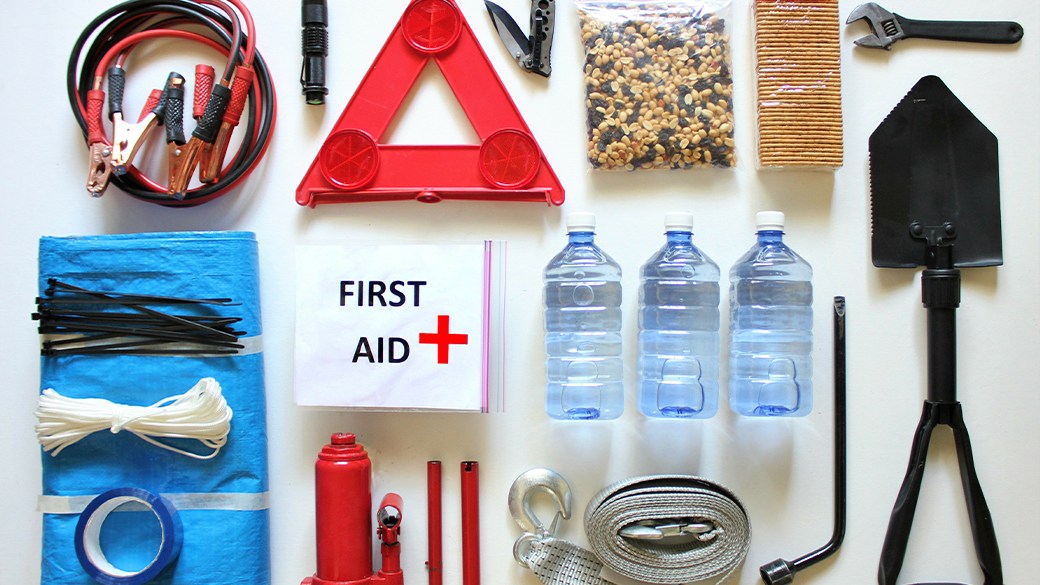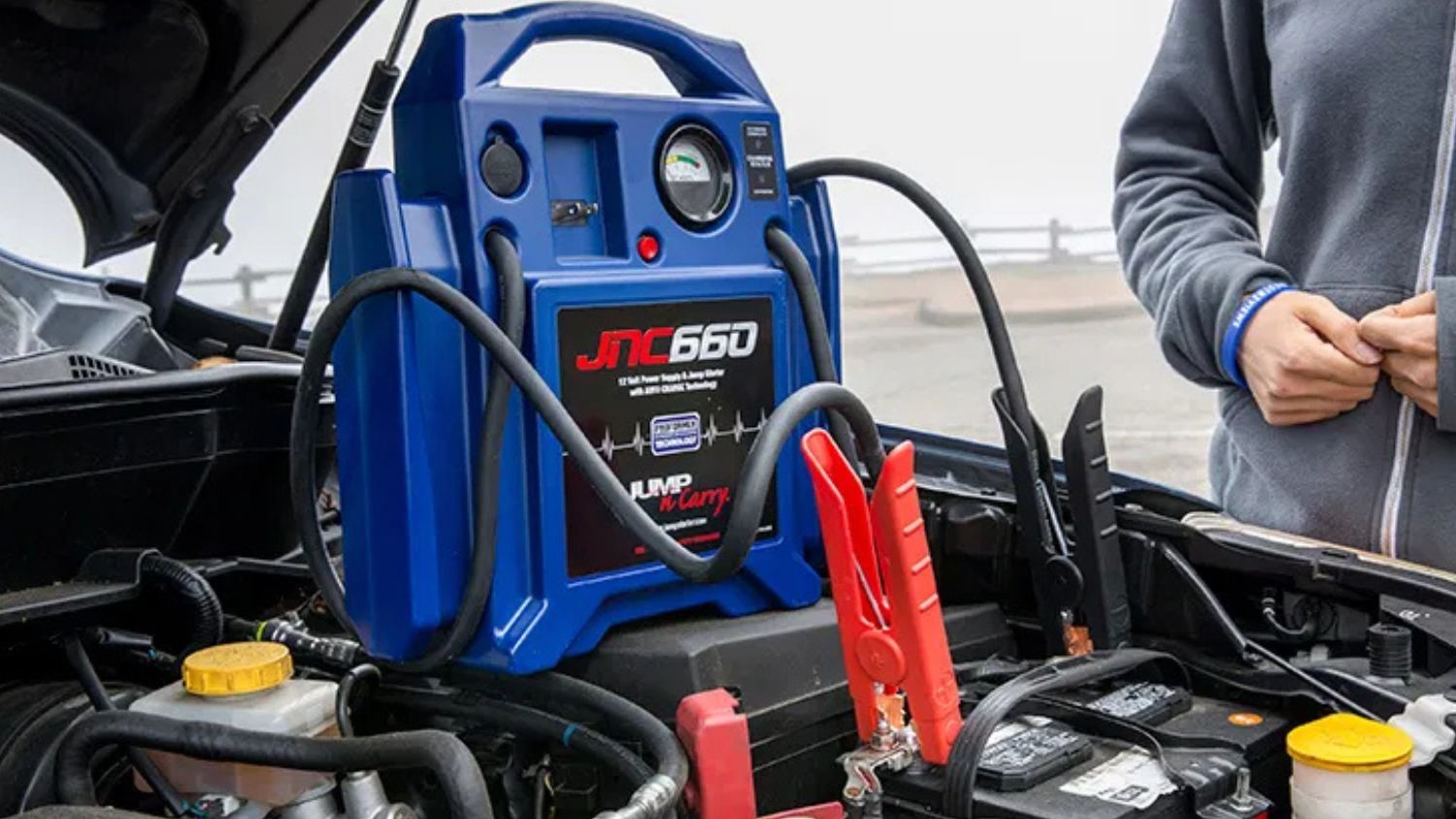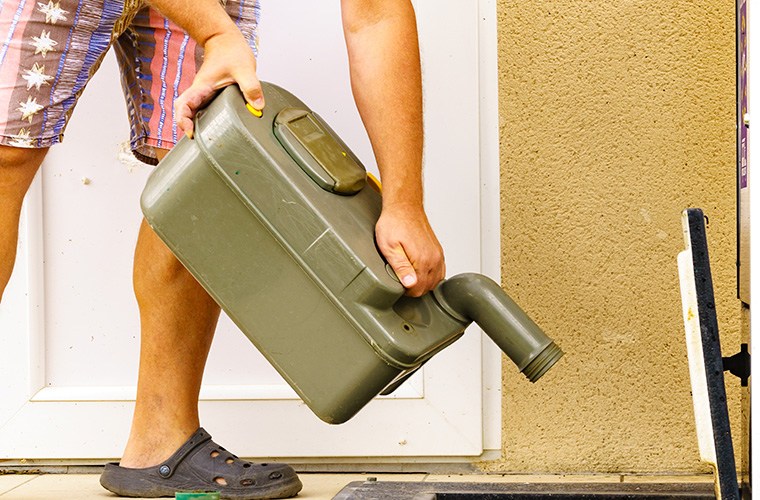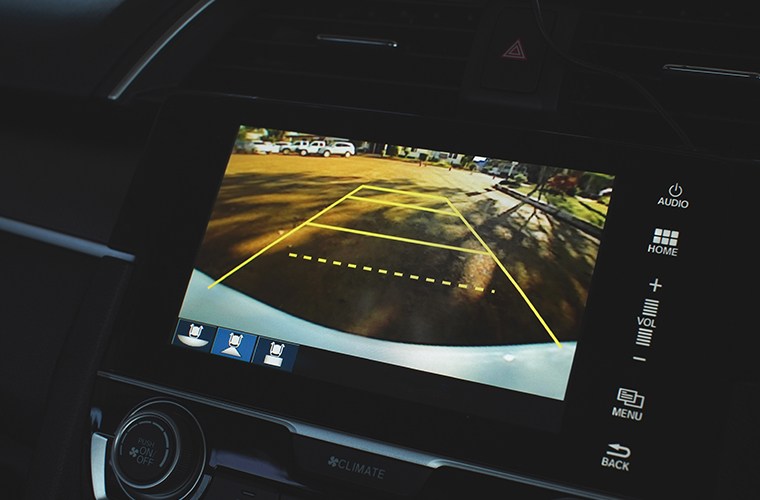PORTSMOUTH, Va. (WAVY) — More than 30 charging stations across Virginia will be built for electric vehicles thanks to a $22.6 million in federal money, the Virginia Department of Transportation recently announced.
The money is part of the National Electric Vehicle Infrastructure Program, or NEVI, part of the bipartisan Infrastructure and Jobs Act that gave the state $106 million over five years for electric vehicle charging stations. It’s a way to fill existing gaps in the network of charging stations across the state, according to VDOT.
“Essentially, [the program] provides federal funding to state DOTs to build out a network of charging stations across the country,” said Chris Berg, director of VDOT’s Office of Transportation Sustainability.
Berg explained this is the second phase of funding from NEVI that VDOT has announced in 2024.
“The first round that was announced earlier this year included 18 charging stations, and then the round that was just announced this October, phase 1B, that will include 35 charging stations,” Berg said.
Eight of the locations in Phase 1B are in Hampton Roads, in cities like Chesapeake, Suffolk and Hampton.
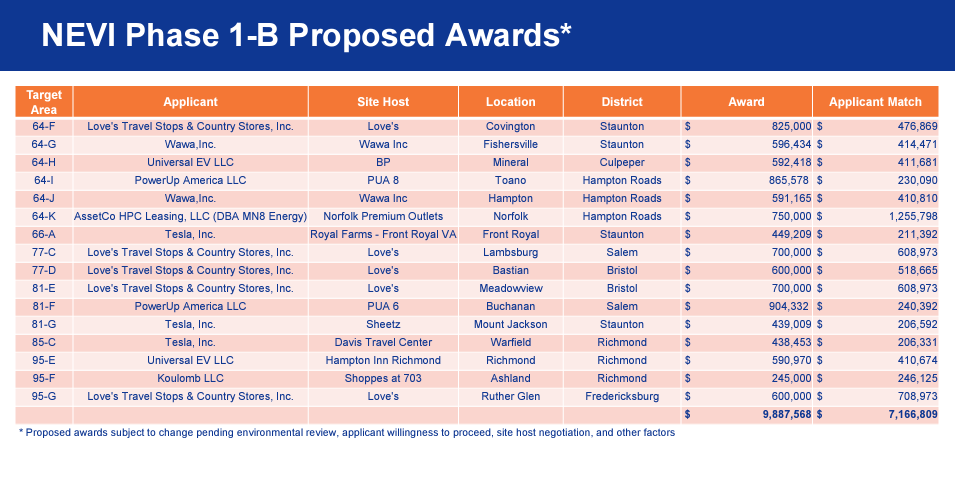
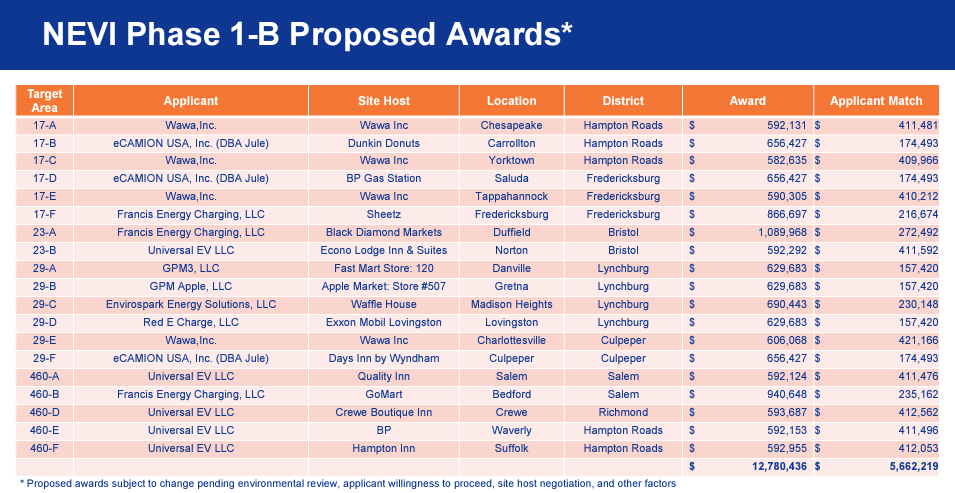
The goal is for the stations to be put along interstates and highways that are designated as “alternative fuel corridors” with one built at least every 50 miles within one mile of an exit.
“The largest share of them, as you would expect, will be located at convenience stores, gas stations, travel centers” Berg said. “So, a lot of these are existing fueling stations that are adding on EV charging stations as an additional amenity, as we see more folks buying EVs in Virginia.”
Local Tesla driver Bianca Wilson explained that trying to find a charging station in Hampton Roads can sometimes be hectic.
“The amount of miles that I spend looking for charging station, I’m glad I put it on my taxes,” Wilson said. “I travel a lot of places, helping people around, and I have to be conscious of, ‘Hey, I need a charger,’ and I have to make sure I cut my time just to find a charging station.”
She said this recent announcement is a step in the right direction, but more are welcome in the future.
“I guess that’s a good start,” Wilson said. “I think it’s helpful. But I also think there’s more needed, especially on the Peninsula side, and over here and in the rural areas that does not have the regular city like we do over here.”
As far as construction goes, Berg explained that the stations are in various stages of development, with none that are operational yet.
He adds they plan to announce the funding for Phase 1C in early 2025.

















































